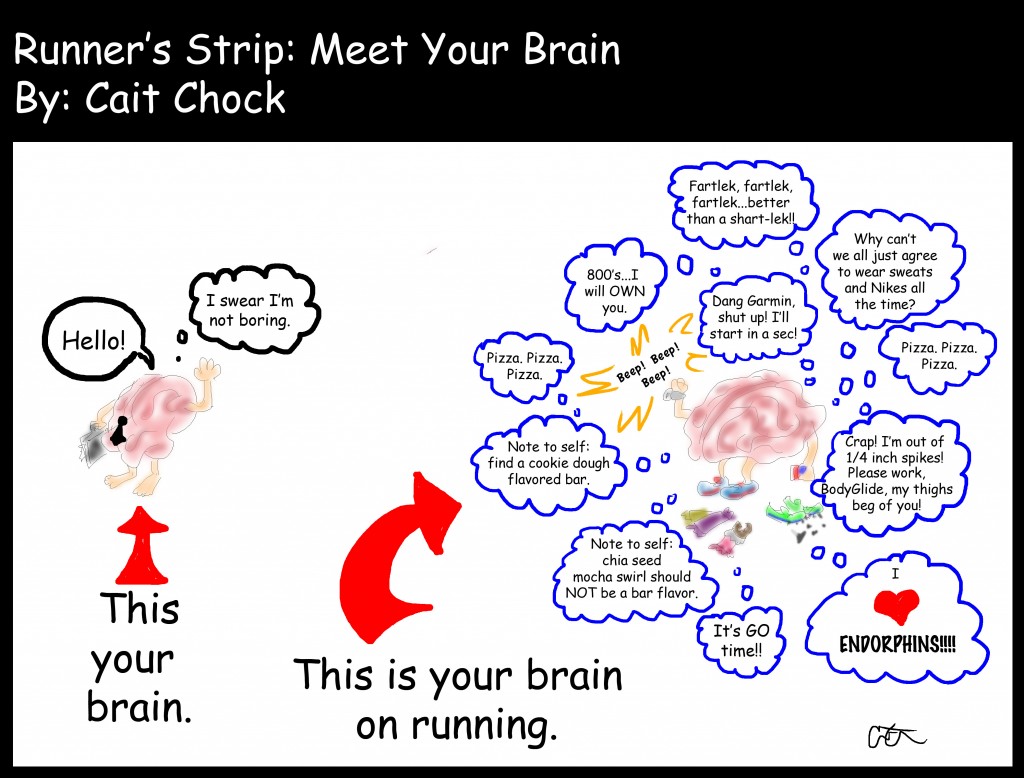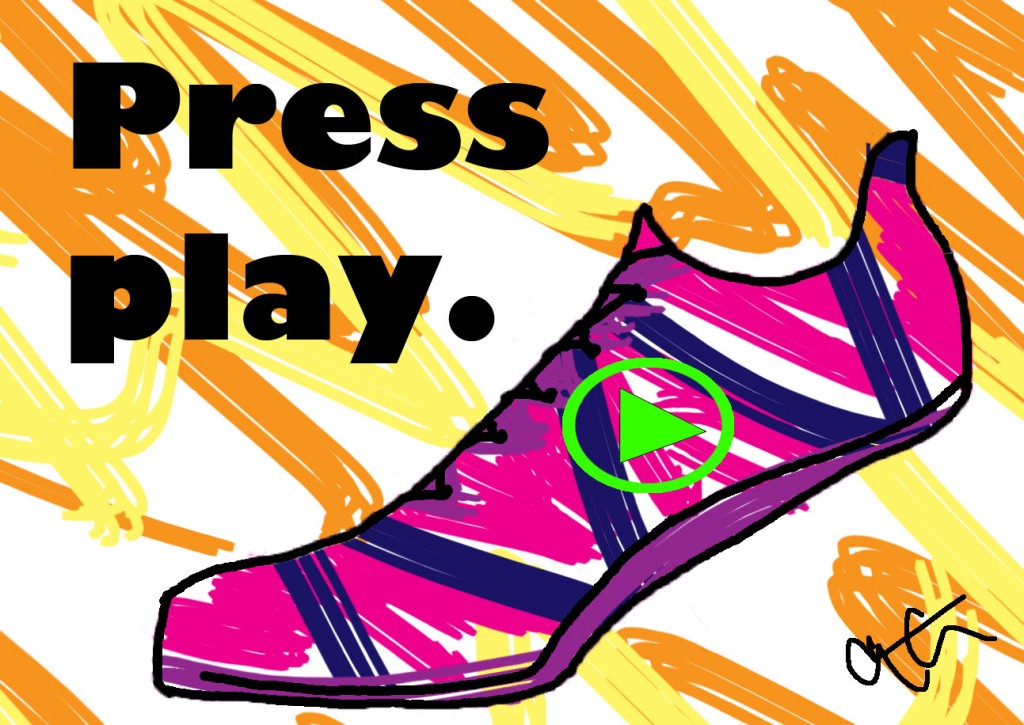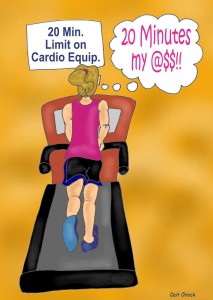A runner’s brain is constantly being flooded by sensory input information. Feedback from the muscles, skin, lungs, eyes, ears, feet, nerves from everything. It’s a matter of taking all of these messages and warping them into what is in the runners’ best interest.

The Physical Messages
Typically the loudest feedback responders are going to be from your muscles and lungs. Here comes relays from your cardiovascular system and lactic threshold responders. The muscles announcing they are being worked, those mitochondria are breaking down glycogen and supplying your energy to run on; they are attention mongers demanding to be credited for their work.
These are pretty basic, primordial messages to your brain. Instinctual. You can’t change that these messages will be sent and that they are mostly containing shouts of pain, complaints, and fatigue.
You can’t control what messages are coming in while you are running but you CAN control how you interpret them. A runner that is mentally tough is able to manage and get as close to ignoring certain sensory feedback as they can.
* Anticipate: Incidentally the ability to manage what your legs and body are telling you while you run starts before the first step. This is anticipating the uncomfort in pain. It is a reality, but it is one we must both accept and deny. Accept the race and workouts will hurt but deny that we will let that pain break us. Anticipating the pain is a lot different from fearing it.
* Realize: Once you realize that EVERYONE will hurt when they push themselves running, not just you, a runner doesn’t feel alone. Admitting pain is present is not a weakness, admitting that these workouts are tough isn’t a weakness…it only becomes a weakness when you start to believe you can’t do the workouts.
* Assess: As you run assess the messages you’re being told and start to ‘sort’ them. Pain of a workout is present and it’s a different pain from that of an injury. Sort the ‘usual’ pain into the ‘ignore’ pile and be attuned to the ‘different’ pain.

* Reassess/Rework: Now that you have the ‘ignore’ pile it’s time to reassess those messages and rework them. We’ve acknowledged you can’t STOP them from coming in but you override them through a runner’s coping mechanisms.
1) Visualization- By practicing how you will be running beforehand you condition yourself to stay positive and controlled DURING your running, racing, and workouts.
2) Self-Talk- Mantra’s work well, flip the ‘I can’t keep this pace up’ into something productive like, ‘I am strong’ or ‘I will not let this break me.’
3) Focus on Controllables- When the pain of running becomes more intense hone in on the ‘controllables’ like stride, form, and breathing. Counting steps or breaths acts as a distraction.
4) Goals- Always set goals for your running workouts and races beforehand. Don’t ambiguously go in because without concrete numbers or goals it’s easier to let your brain talk you into just ‘settling’ and giving up when the pain starts.
5) Selective Denial- We come back to runners living in a kind of state of denial. The lies of, ‘I’m only running one more repeat/mile/5-minutes/step’ get us to the next point, where we then lie again.
Confidence
A runner draws confidence from a lot of places: past workouts, a full season of training, race times, other runners they train with that have faster PR’s, etc. A large part of being mentally tough is being confident that you can WARP the messages coming into your brain and OVERRIDE them to push through the pain.
This confidence is built up the longer you run, the snowball effect. As with all other rules of running it hinges upon consistency, consistently proving you can push through the pain. There are margins for error and just like bad races there will be days where you don’t do a great of a job running and overriding the pain messages as you know you’re capable of.
You get through the bad days, learn where you went wrong, and then take those lessons into your next run.
Let your running be ruled by expertly brain warping that flood of sensory feedback from your body. Don’t let the messages steal your confidence because you CAN run and do a lot more than your body would like you to believe.
1) Anticipating the pain isn’t fearing it; fear takes hold of you and consumes your running confidence. What is a refute you use to keep this anticipation in check? (ie: remember times you’ve pushed through pain, mantra, pre-race hyping yourself up tactic, etc.)
2) Give an example of how you take assessing an incoming message you want to ignore and then reassess/rework it.
3) What are a few of the ways/places you draw confidence as a runner?






















